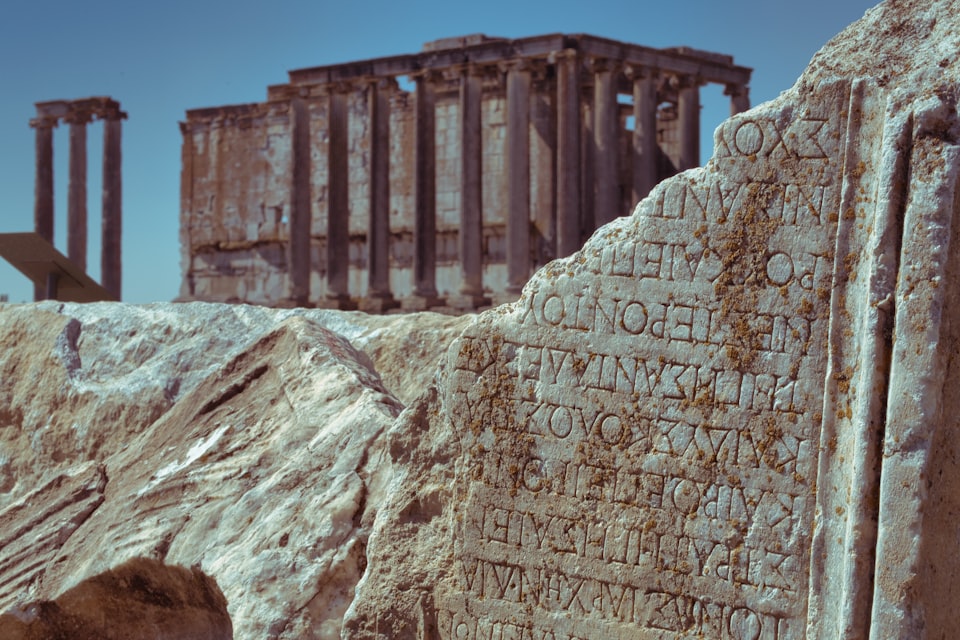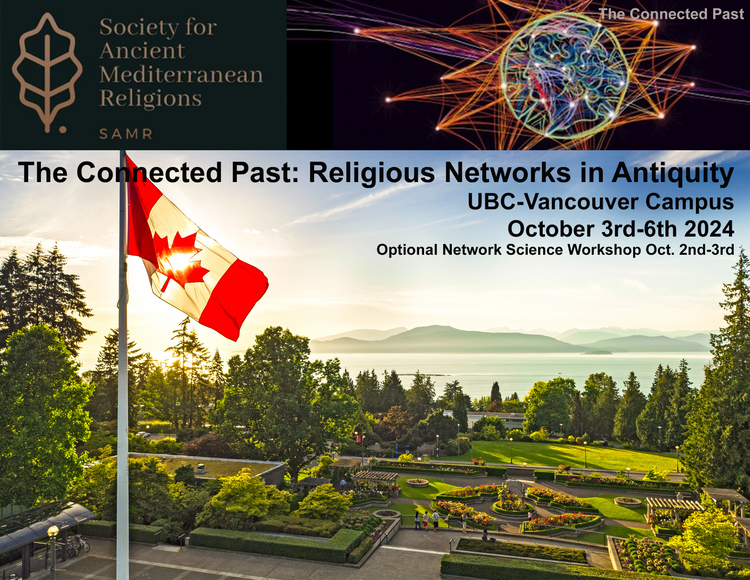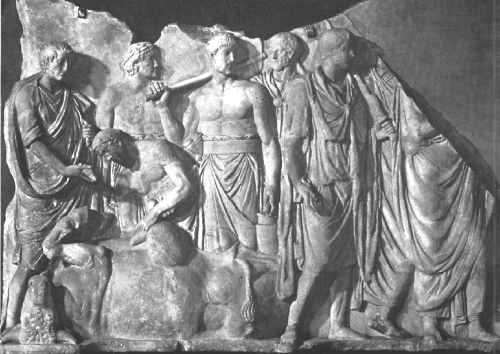Society of Classical Studies 2024 (Chicago): Affiliated Group Panel — Secrecy and Sociogenesis (CFP)

Society of Classical Studies 2024, Affiliated Group Panel
Secrecy and sociogenesis: mysteries, restricted rituals, and the growth of religious communities
Sponsored by the Society for Ancient Mediterranean Religions.
Why do rituals sealed by secrecy – or even just rumored to be – generate robust trajectories for emergence, growth, and longevity in social groups? The question underwrites a broad range of religious phenomena in the ancient Mediterranean, including the mystery cults of Eleusis, Dionysos and Mithras, Egyptian polytheism, and Christian communities. Theoretical frameworks from Georg Simmel onward emphasize the productive irony of the social contagion that arises through restricted access, acts of silence, and the mechanisms which simultaneously advertise and maintain the unspeakability of core ideas. The exploration of secrecy integrates the sacred with questions of hierarchy, political domination and resistance, rhetorical strategies, religious architecture, sacred viewing, scriptural hermeneutics, and the aesthetics of concealment.
This panel will focus on the paradoxical dynamics of secrecy and sociogenesis in ancient Mediterranean contexts. Papers should be rooted in specific case studies, and engage with the critical frameworks drawn from Religion, Anthropology, Biblical and Classical traditions. Possible questions include: what kinds of data – material, epigraphic, liturgical or literary – support the investigation of ancient secrecy? What are the benefits and boundaries of models drawn from living cultures in these investigations? Do the uses of secrecy change over the long history of a cult or ritual? To what extent do practices of secrecy coincide with the boundaries between public and private religion? How does the use of secrecy as vilification compare to the use of secrecy as a confirmation of authority and authenticity? How does secrecy differ in its deployment between urban and rural cult?
Abstracts should be submitted as .doc or .docx files to the form below. Please follow the SCS Guidelines for Authors of Abstracts. Abstracts should be no more than 500 words and should include a bibliography. All abstracts will undergo blind review; abstracts should contain a title and a word count, but should not have any information regarding the identity of the submitter. All abstracts for papers will be reviewed anonymously.
The deadline for submission of abstracts is March 10, 2023. Decisions will be communicated to prospective speakers by April 5, 2023, leaving sufficient time for those whose abstracts are not chosen to participate in the SCS’s individual abstract submission process. Please direct all queries to SAMR at samrprograms@gmail.com.
References:
Duncan, Ann Williams. 2006. “Religion and Secrecy: A Bibliographic Essay.” Journal of the American Academy of Religion, 74.2: 469–482.
Johnson, Paul Christopher. 2002. Secrets, Gossip and Gods: The Transformation of Brazilian Candomblé. Oxford: Oxford University Press.
Kippengerg, Hans and Guy Stroumsa. 1995. Secrecy and Concealment: Studies in the History of Mediterranean and Near Eastern Religions. Leiden: Brill.
Manderson, Lenore, Mark Davis, Chip Colwell and Tanja Ahlin. 2015. “On Secrecy, Disclosure, the Public, and the Private in Anthropology.” Current Anthropology 56: 183-190.
Panagiotidou, O. 2018. “Secrecy in the Mithras Cult: Concealment, Cognition and Social Cohesion.” Acta Ant. Hung. 58: 667-679.
Simmel, Georg. 1906. “The Sociology of Secrecy and of Secret Societies,” American Journal of Sociology 11.4: 441–98.
* * *
This call for papers has expired.



